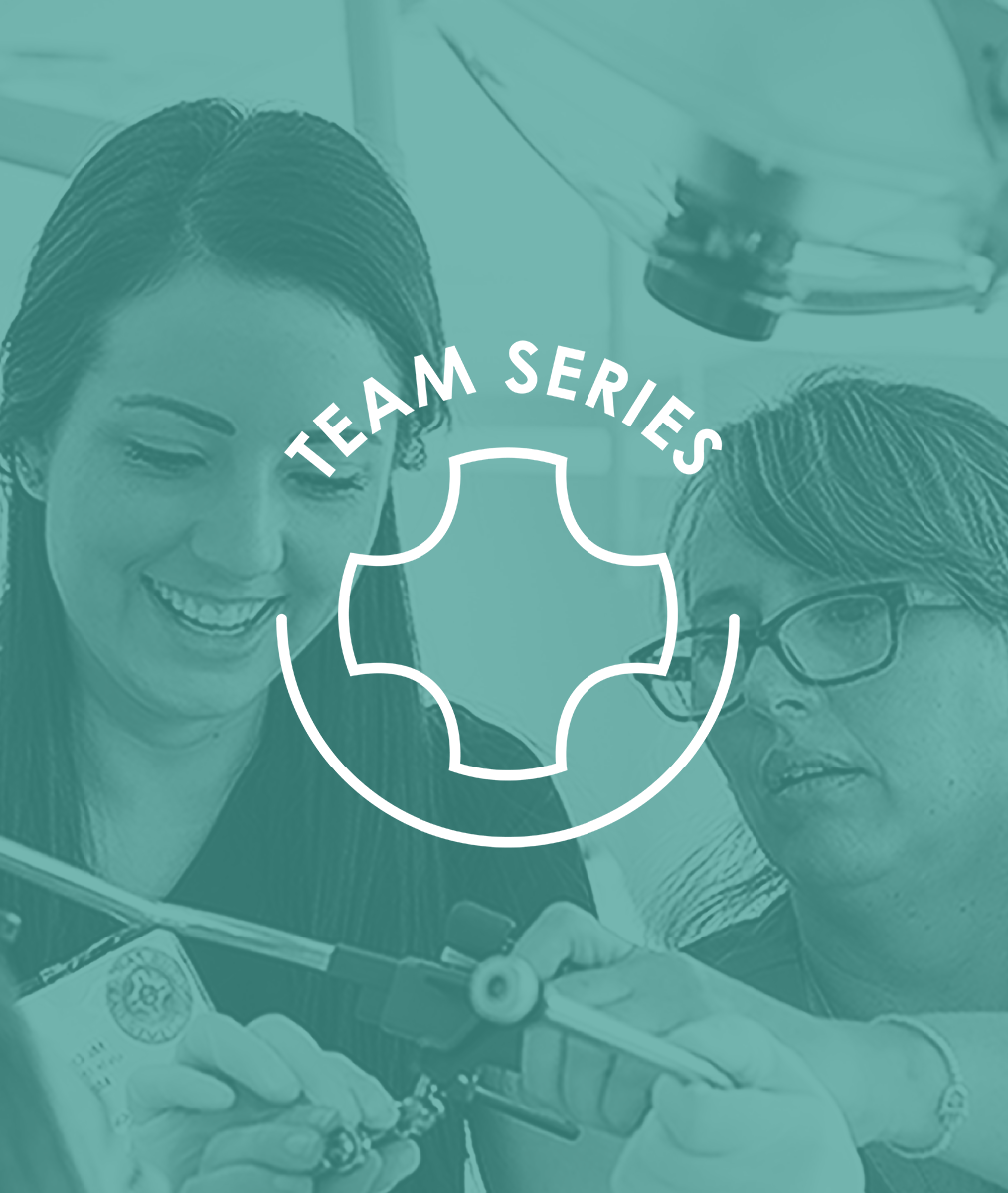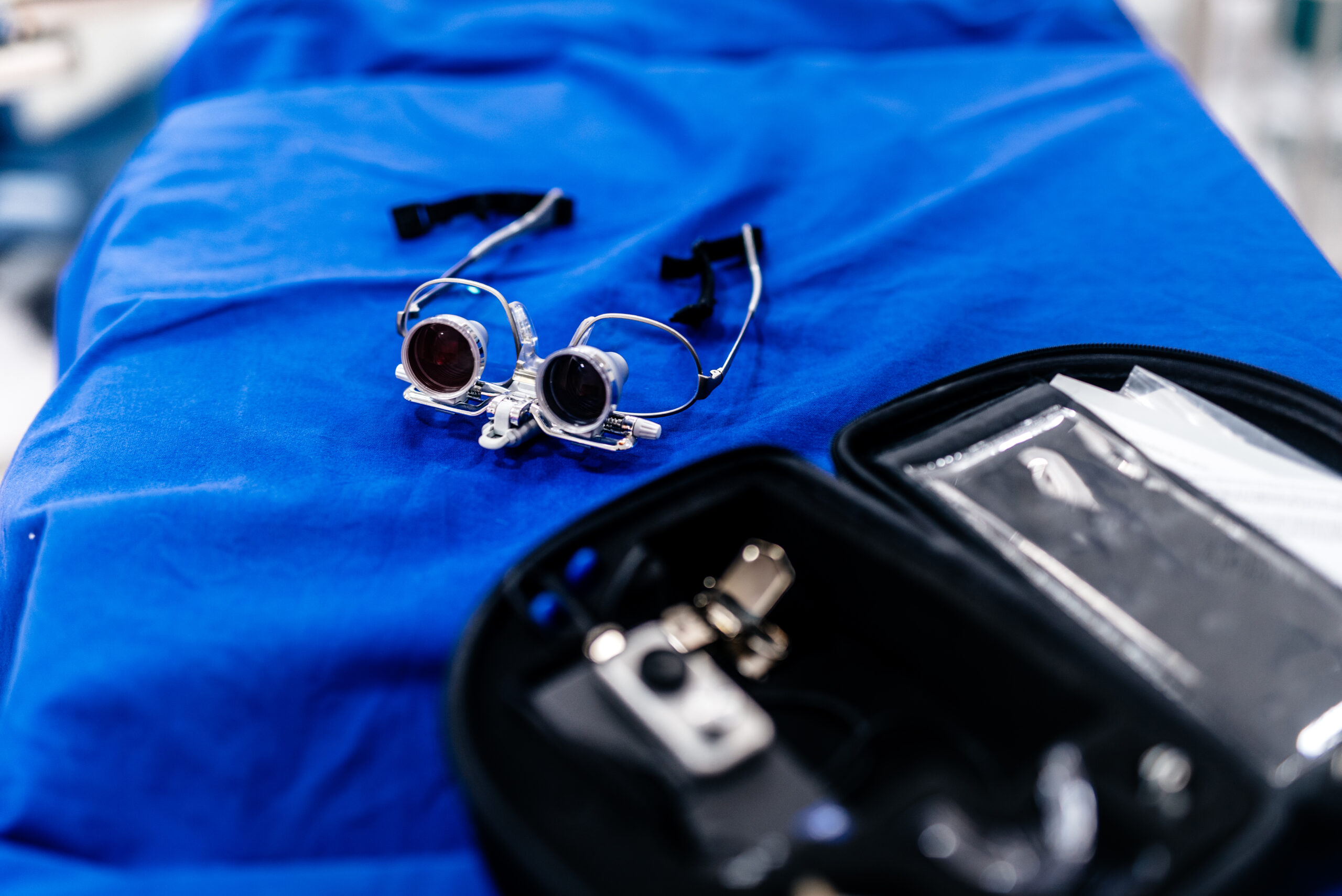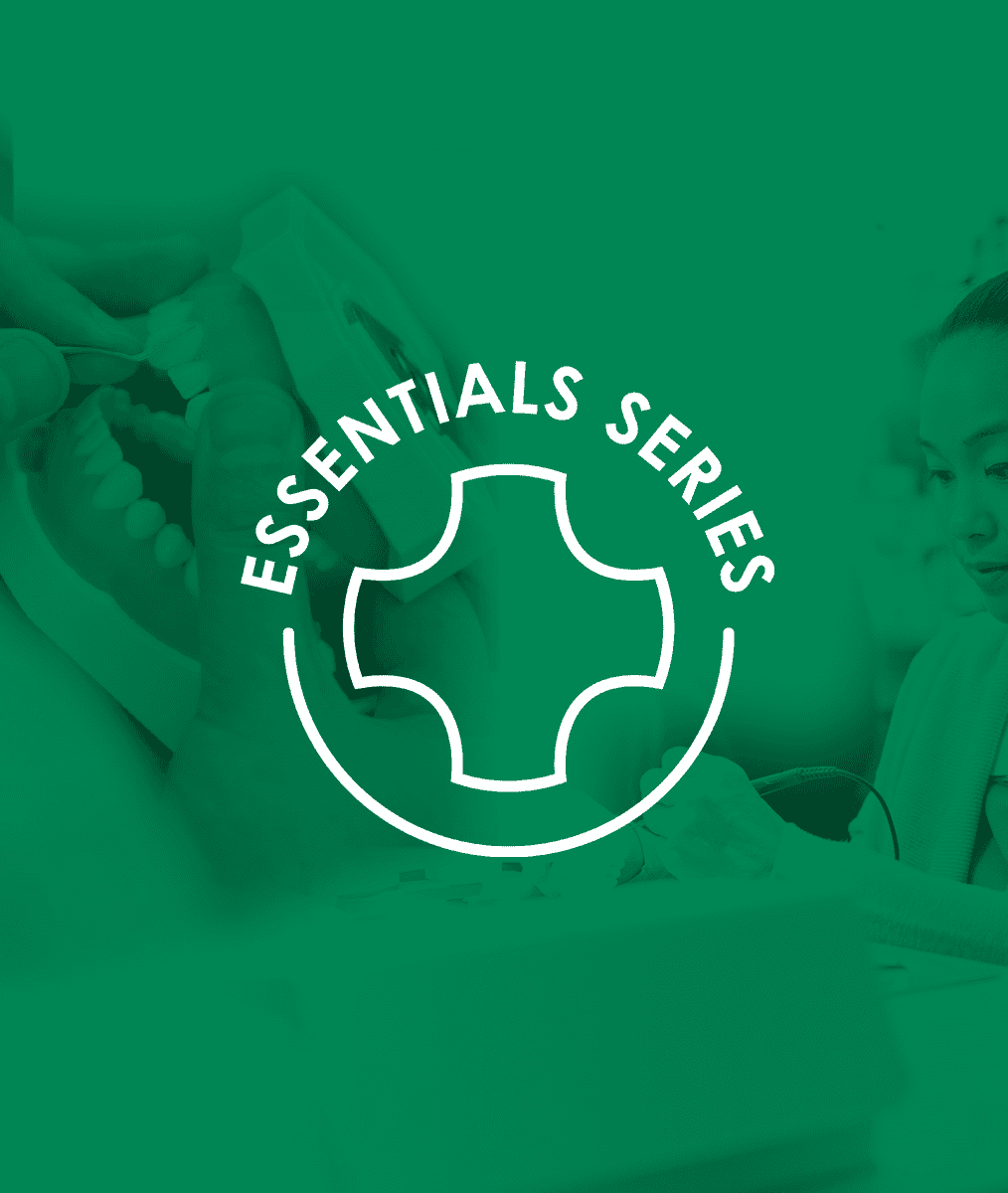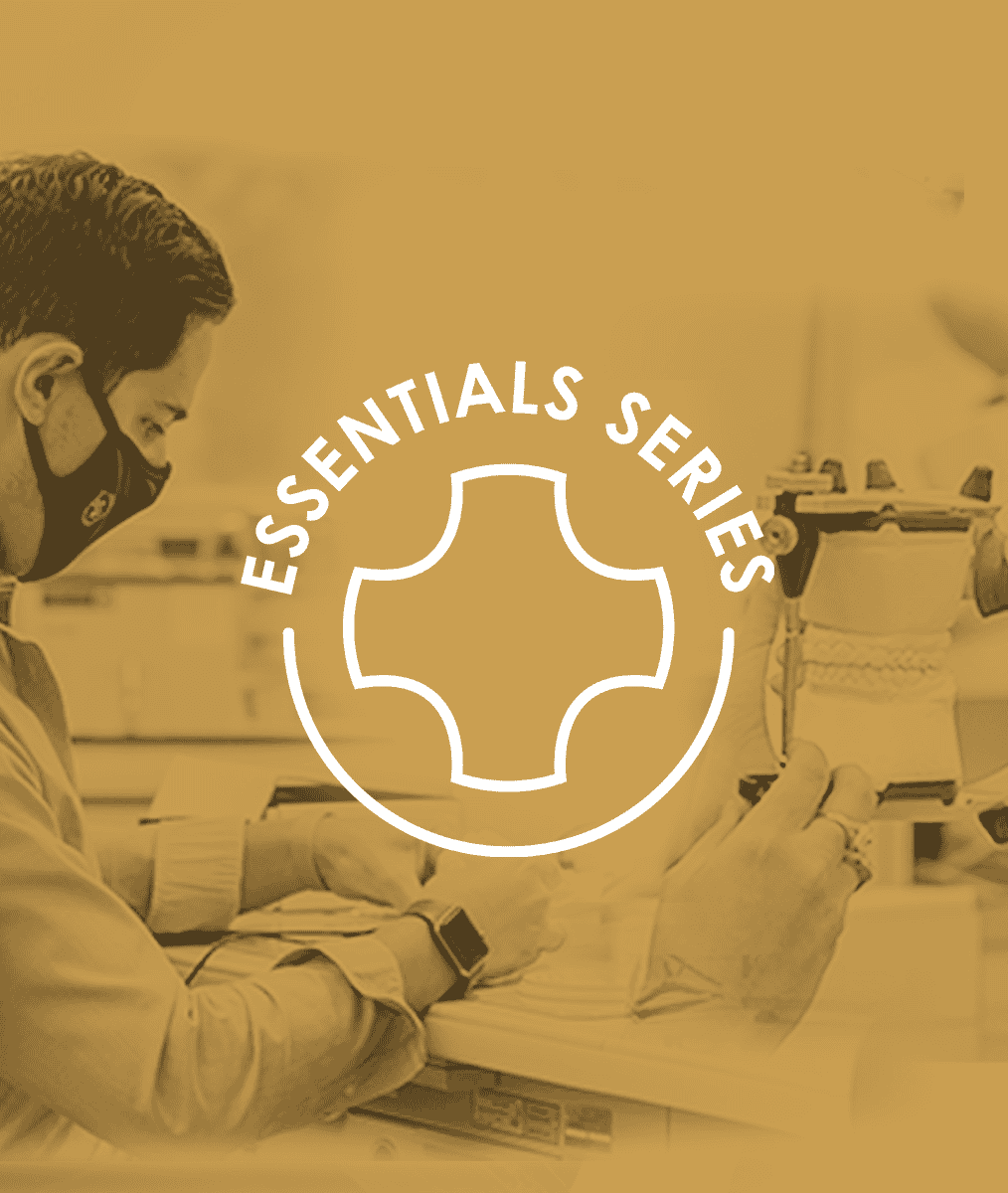Back on Track with “The Three Vs”
Dentists in private practice face a myriad of uncomfortable problems that force us to find solutions or… S L O W L Y burn out. Do any of these resonate with you?
- Ineffective marketing for attracting the type of new patients you need and want
- Interpersonal problems among some team members
- Difficulty budgeting for and incorporating new technology you want to embrace
- Lack of energy to monitor your practice systems and staff
- Insufficient time for yourself and your family
- Overall fatigue
Hark, the Mind!
Often times, the problems we face in our practices are the result of our own “stinking thinking.”
I recently retired at age 60 after practicing for 28 years as a solo practitioner in Wolfeboro, NH. Over the years, I went through my fair share of issues but found a way to thrive with the influence of programs like The Pankey Institute and Dawson Academy. I focused on developing deep relationships with my patients and team. So, when I say your life and your practice will be more productive and fun when you live your life in alignment with your Values, your Vision, and your Voice, I speak from experience.
To makeover your “thinking,” you’ll need to engage you mind and consider these three Vs.
Values – Exercises 1-3
Values are the non-negotiables in our lives. These are the things that are most meaningful to us, things we would “go to the mat for.” They are personal and unique for each of us, for example, honesty, integrity, transparency, spending time with family, etc. Some practice values might include technical excellence, timeliness, cleanliness, appreciation, efficiency, scheduling sufficient time for conversations with patients, and fiscal responsibility.
So why are values so important? When violated, our personal and practice lives will be “out of whack.” Frustration, anger, helplessness, and despair are some emotions we might feel. So, start with Exercise 1.
- Exercise 1. Take an inventory of your values. Make a list of what’s most important to you, as many as come to mind. Then choose your top ten and prioritize them. Once you know what’s most important to you, figure out the steps you need to take to make them a reality.
- Exercise 2. Do Exercise 1 with your team. Have them each identify and prioritize their own personal values.
- Exercise 3. Combine your findings and do the same exercise with your team to identify your shared practice values. This exercise alone will propel you and your team forward towards a more fun and productive workplace.
Vision – Exercise 4
Once you and your team know what you value the most, write out the vision for your dental practice. As you write out your practice vision statement, think about how you want to practice and what the ideal team member looks like. Think about your practice setting and how you want to relate to your patients. Get a clear picture in your mind, write it down, and then communicate it. You should be able to articulate it clearly and succinctly if someone asks you, “What is the vision for your practice?” Stating your practice vision should be as automatic as breathing.
Voice – Exercise 5
When you know who you are (your values) and how you want to live (your vision), your thinking changes–and with it your voice. Your words and actions will become authentic, intentional, and magnetic. Patients will be attracted to you and your staff because you are “the real deal.”
A “Magic” Process
The five steps to establishing your three Vs compose a highly effective process that bonds team members and clarifies a common direction for your team, as well as your office systems. Many times, we are tempted to evaluate and make changes in office systems when we are faced with problems. What I learned is that, as you strive for more happiness, more joy, and more financial success, looking at “The Three Vs” first, before looking at the office systems, is optimal. In my practice life, we took a fresh look at our three Vs frequently.
Related Course
The Pankey Assistant’s Experience
DATE: June 12 2025 @ 8:00 am - June 14 2025 @ 3:00 pmLocation: The Pankey Institute
CE HOURS: 17
Regular Tuition: $ 2050
Single Occupancy Room with Ensuite Bath (Per Night): $ 345
This “can’t miss” course will empower Dental Assistants to bring their skills to excellence! During this dynamic hands-on course, led by Pankey clinical team member, Sandra Caicedo, participants will learn…
Learn More>






















